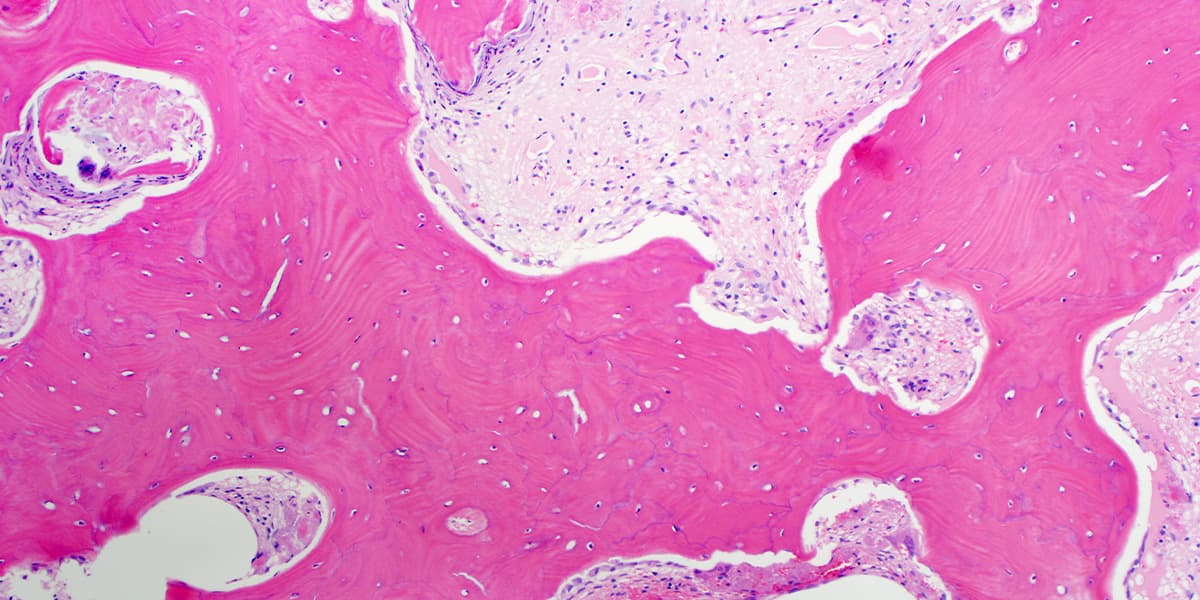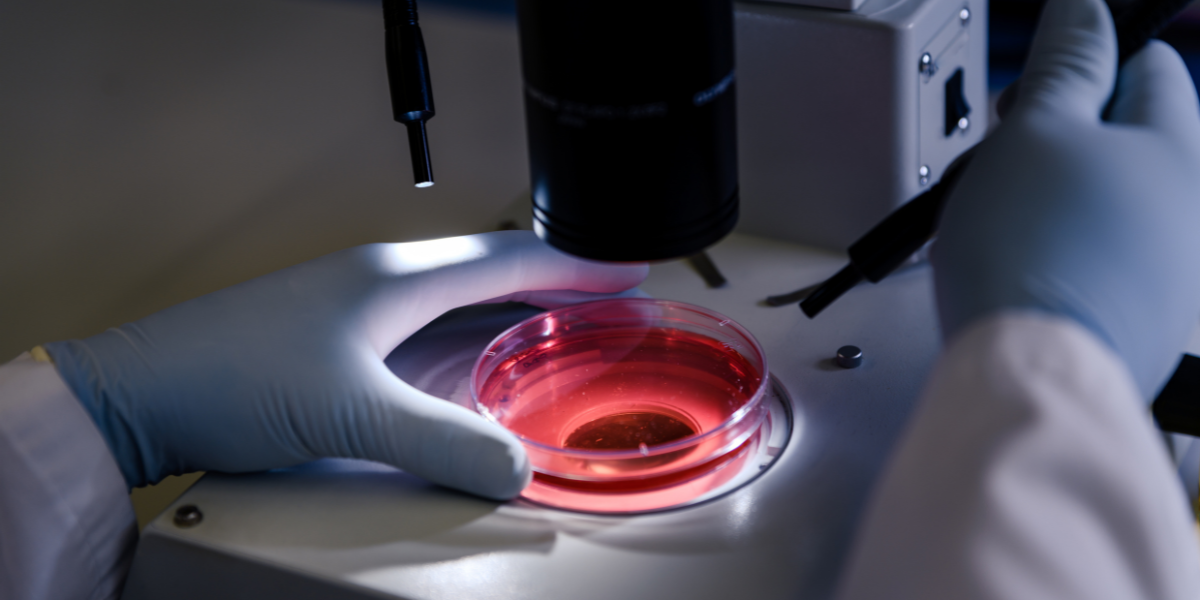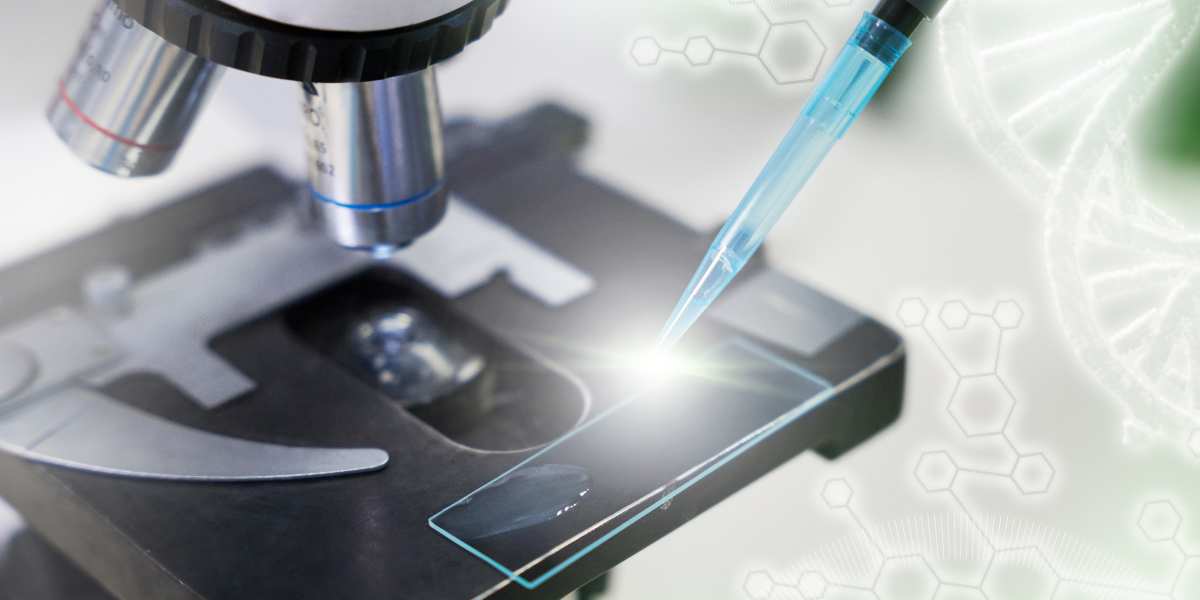Pathology diagnosis plays a crucial role in the field of medicine, helping healthcare professionals formulate appropriate treatment plans. By examining tissues, bodily fluids, and genetic markers, pathologists can provide valuable insights into various conditions, and, as a result, save lives. In this blog, we will explore the basics of using pathology to diagnose diseases and its importance for patient care.
What are the Types of Pathology? Learn More in Our Blog
Basics of Pathology Diagnosis
Pathology involves the examination of biological samples to understand the nature and characteristics of diseases. This branch of medicine uses several techniques and processes to analyze tissues, bodily fluids, and genes, aiding in the accurate identification and classification of diseases. Pathologists—highly trained medical professionals—specialize in evaluating these samples and providing valuable insights to other healthcare providers.
The process of diagnosis in pathology begins with obtaining a sample, which can be a tissue biopsy, blood, urine, or other bodily fluids. The sample is then processed, prepared, and examined to identify any abnormalities or changes in cellular structure. Additional diagnostic tests, such as immunohistochemistry or molecular analysis, may be performed to gain further insights into the disease.
Common Types of Pathology Diagnosis
Pathology encompasses various sub-disciplines, each focusing on different aspects of disease identification and classification. Three of the most common types of pathology diagnosis are:
Anatomic Pathology: Involves the examination and analysis of tissue samples, especially important in diagnosing conditions such as cancer, where pathologists assess the presence of malignancy, determine the type of cancer, and provide information about its stage and aggressiveness.
Clinical Pathology: Focuses on the analysis of bodily fluids, including blood, urine, and cerebrospinal fluid, to identify infections, assess organ function, and evaluate treatment effectiveness.
Molecular Pathology: Investigates genetic markers, mutations, and alterations within cells to understand the underlying molecular basis of diseases, aiding in the identification of genetic conditions, treatment response, and personalized medicine.
Importance of Pathology Diagnosis in Patient Care
Pathology plays a critical role in patient care, influencing treatment decisions, prognosis, and disease management. Some key aspects highlighting their importance include:
Treatment decisions: Pathologists help determine the optimal treatment approach by identifying specific disease characteristics and informing decisions about surgery, chemotherapy, radiation therapy, or targeted therapies.
Prognosis and disease management: Diagnosis provides insights into the prognosis and progression of a disease, guiding disease management strategies and enabling appropriate support and follow-up care.

The diagnosis of cancer depends on pathology, which involves examining tissues, organs, and body fluids.
Examples of Pathology Diagnosis
Pathology is employed in a wide range of medical conditions, providing insights into various diseases. Here are a few examples:
- Cancer diagnosis: It plays a crucial role in cancer management. Through careful examination of tumor samples, pathologists can determine the type of cancer, its stage, and aggressiveness, informing healthcare providers about personalized treatment plans.
- Infection diagnosis: It assists in identifying the presence of infectious agents, guiding appropriate antimicrobial treatment, and monitoring treatment response, particularly in cases of severe infections or outbreaks.
- Autoimmune disease diagnosis: Pathology helps understand the underlying mechanisms of autoimmune diseases, aiding in diagnosis and targeted treatment approaches.
- Organ-specific diagnosis: Pathology diagnosis are essential in evaluating diseases that primarily affect specific organs, providing information about the extent of damage, inflammation, or scarring, contributing to accurate diagnosis and appropriate treatment plans.
SBMF Exceptional Pathology Services
Pathology diagnoses are vital for accurately identifying diseases and guiding treatment decisions in healthcare. Through the examination of tissues, bodily fluids, and genetic markers, pathologists provide invaluable insights that contribute to patient care and management. Understanding the role and significance of pathology allows us to appreciate the critical impact they have on healthcare outcomes and patient well-being. At SBMF, we are committed to delivering exceptional pathology services, leveraging our understanding of the critical impact these diagnoses have on the lives of patients. Together, we can continue to advance medical knowledge, refine treatment strategies, and ultimately provide the highest level of care. To learn more, check out our pathology services.





